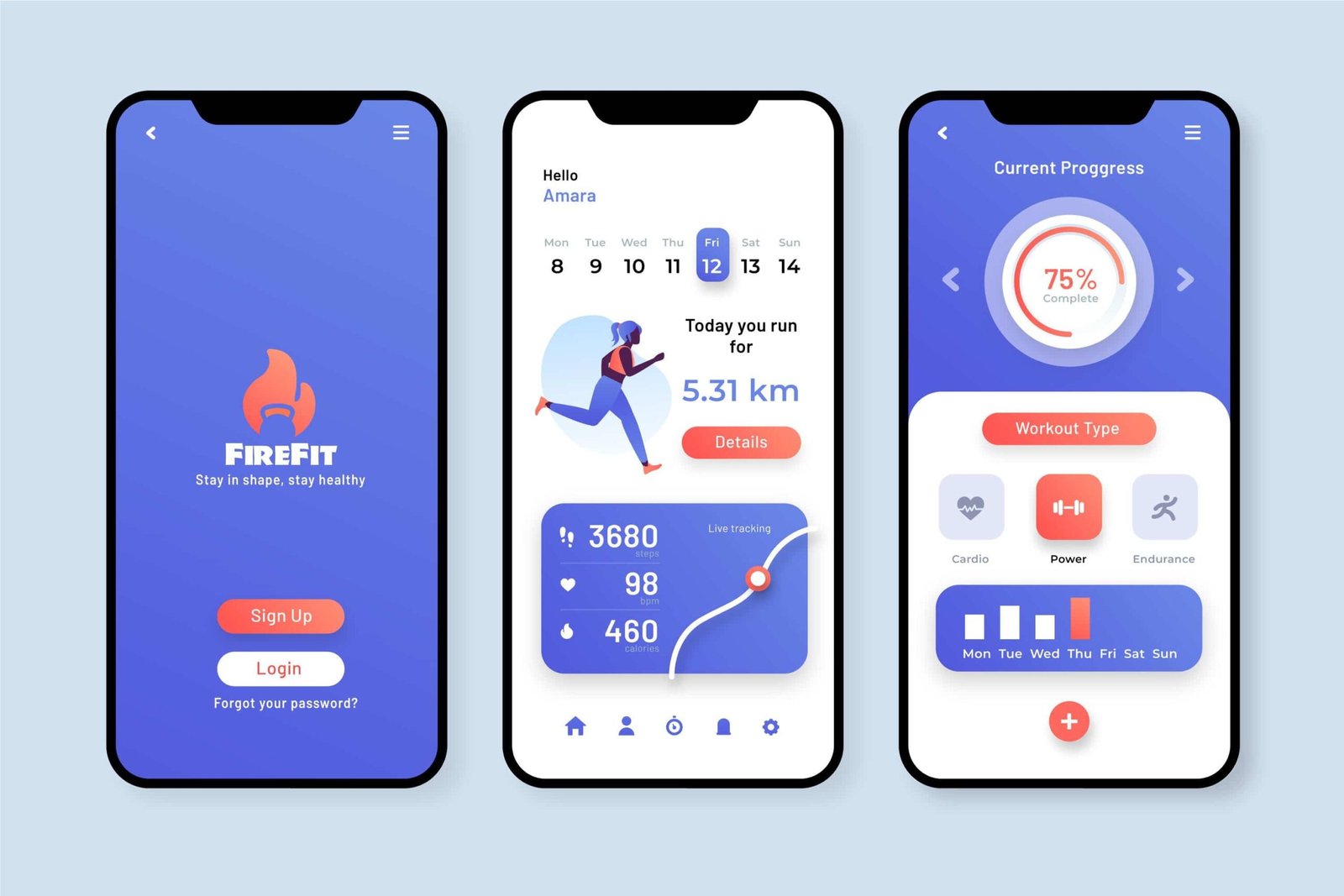In today’s ever-evolving automotive industry, two terms frequently mentioned are Android Auto and Android Automotive. While they may sound similar, they are distinct in their purpose, features, and functionality. Understanding the differences between Android Auto and Android Automotive is crucial, especially for an Android app development company looking to create innovative solutions for the automotive market.
Android Auto: Revolutionizing Smartphone Integration in Cars
Android Auto is a ground-breaking technology that has completely revolutionized the way smartphones integrate with cars. Developed by Google, it offers a seamless and intuitive interface, allowing users to effortlessly access their favorite apps and features while on the road. By connecting their Android devices to a compatible vehicle, drivers can now enjoy a comprehensive range of navigation, communication, and entertainment services, all through the convenience of their car’s touchscreen or simple voice commands.
In the past, smartphone usage while driving posed significant safety risks, with drivers fumbling to interact with their devices or becoming distracted by their screens. Android Auto effectively addresses this concern by streamlining the smartphone experience and tailoring it specifically for the driving environment. By providing an optimized interface and prioritizing voice commands, drivers can stay connected and engaged without compromising their focus on the road.
Android Automotive: The Standalone Operating System
Unlike Android Auto, Android Automotive is a standalone operating system specifically designed for in-car infotainment systems. It is a full-fledged platform that runs directly on the vehicle’s hardware, providing deep integration with the car’s functions and allowing for a more customized and immersive user experience. Android Automotive empowers automakers to create unique interfaces tailored to their brand and model, enhancing the overall driving experience.
Contrasting Features and Functionality
When comparing Android Auto and Android Automotive, it becomes apparent that they offer different features and functionalities. Android Auto relies on smartphones to provide the processing power and app ecosystem, while Android Automotive operates independently within the vehicle. Android Auto focuses on simplicity and easy integration, allowing users to access popular apps such as Google Maps, Spotify, and messaging platforms with minimal distractions. In contrast, Android Automotive offers a more extensive range of customization and control over the car’s hardware, enabling automakers to develop tailored interfaces and leverage the full potential of the vehicle’s capabilities.
Choosing the Right Platform
Several factors come into play when deciding between Android Auto and Android Automotive. For users seeking a familiar smartphone experience in their vehicle, Android Auto may be the ideal choice. It offers a seamless transition from the phone to the car, providing access to a range of apps and services in a user-friendly manner. On the other hand, automakers looking for a more integrated and customized infotainment system may opt for Android Automotive. With Android Automotive, automakers have the freedom to design their user interfaces, tightly integrating them with the vehicle’s hardware and unique features.
App Development Considerations
For an Android app development company, understanding the target audience and app requirements is crucial in choosing the right platform. If the goal is to create apps that seamlessly extend smartphone functionalities into the car, Android Auto provides a broader user base and a simpler integration process. On the other hand, developing apps for Android Automotive allows for deeper integration with the vehicle’s hardware and offers more extensive customization options. App developers must consider the specific needs and preferences of the target users and align their development approach accordingly.
Future Prospects and Opportunities
The future of connected cars holds immense potential for app developers. With advancements in technology, both Android Auto and Android Automotive are expected to evolve further, offering new features, improved integration, and enhanced user experiences. The demand for innovative and personalized in-car apps is growing, providing ample opportunities for Android app development companies to create impactful solutions for drivers, passengers, and automakers. By staying up to date with the latest trends, understanding user needs, and leveraging the capabilities of both Android Auto and Android Automotive, app developers can pave the way for a more connected and enjoyable driving experience.
Conclusion
Understanding the distinctions between Android Auto and Android Automotive is essential for app development companies entering the automotive industry. Android Auto provides a seamless smartphone integration experience, while Android Automotive offers a comprehensive, standalone operating system within the vehicle. By recognizing the unique features and functionality of each platform, app developers can create innovative solutions that cater to the needs and preferences of both drivers and automakers. The future holds immense potential for app developers in the automotive industry, with opportunities to shape the connected car experience and drive technological advancements.
As an Android app development company specializing in automotive solutions, we are well-versed in the intricacies of both Android Auto and Android Automotive. Contact us today to discuss your app development needs and discover how our expertise can help you harness the power of Android in the automotive space. Let’s embark on a journey of innovation and create extraordinary experiences for drivers around the world. Together, we can revolutionize the way people interact with technology while on the move.




Leave a Reply